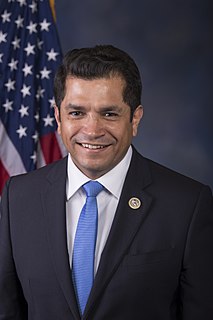A Quote by Ralph Northam
Data do not indicate that mandatory minimum sentences keep our communities safer. Instead, mandatory minimums are disproportionately harming people and communities of color.
Related Quotes
Mandatory minimum sentences give no discretion to judges about the amount of time that the person should receive once a guilty verdict is rendered. Harsh mandatory minimum sentences for drug offenses were passed by Congress in the 1980s as part of the war on drugs and the "get tough" movement, sentences that have helped to fuel our nation's prison boom and have also greatly aggravated racial disparities, particularly in the application of mandatory minimum sentences for crack cocaine.
He was a first-time nonviolent possible offender, ... And under the mandatory minimums, he was put in prison for 15 years. Not only does the punishment not fit the crime, but the mandatory minimums don't give judges any discretion to look at the background of the case, to read into the specifics of the case. I don't know a judge who really is in favor of the mandatory minimums.
Here's what I learned as a mayor and a governor. The way you make communities safer and the way you make police safer is through community policing. You build the bonds between the community and the police force, build bonds of understanding, and then when people feel comfortable in their communities, that gap between the police and the communities they serve narrows. And when that gap narrows, it's safer for the communities and it's safer for the police.































